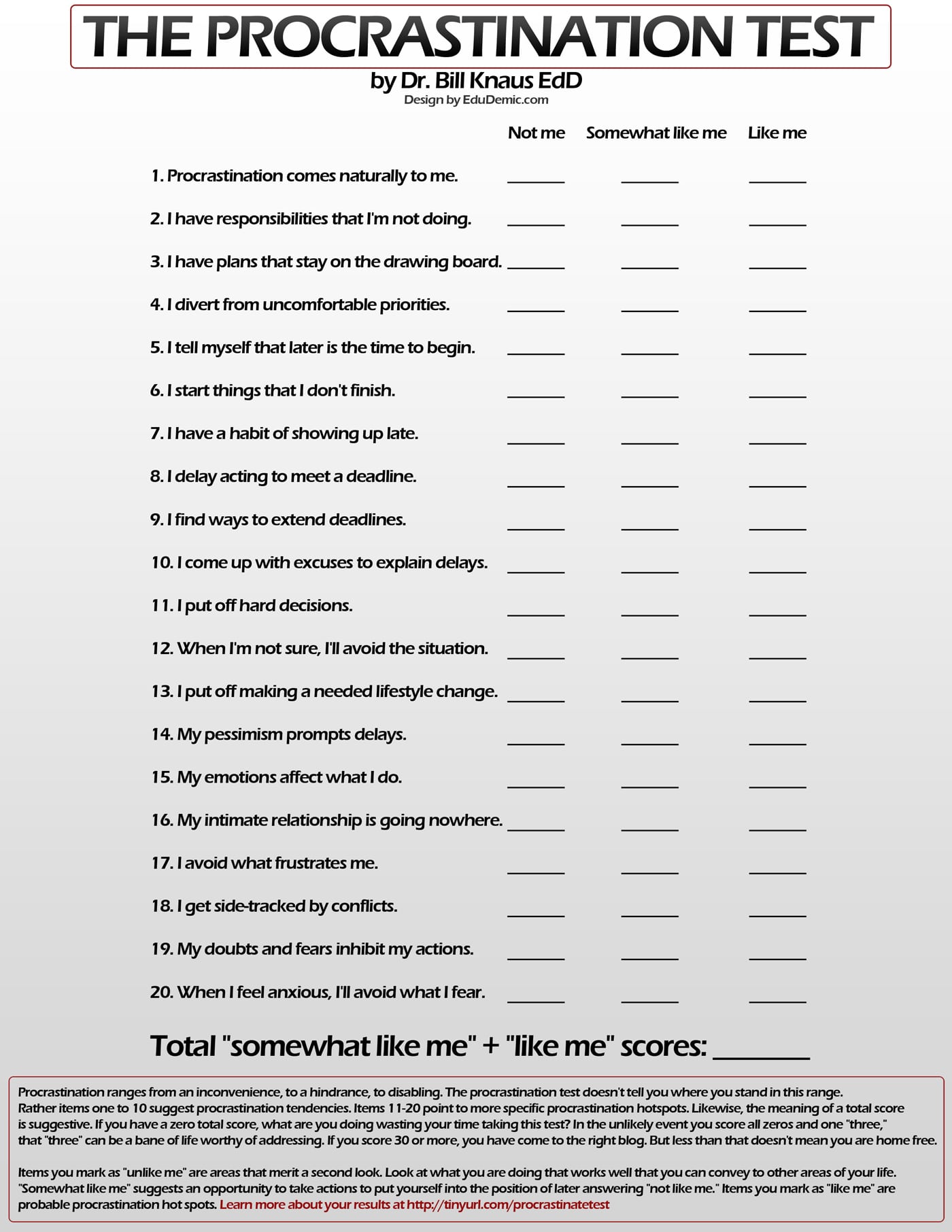Throughout our routines, we often encounter challenges that hinder productivity and personal growth. Among procrastinação como vencer the sindrome da impostora most common issues are procrastination, emotional dependency, and impostor syndrome. These problems not only disrupt personal and professional life, but understanding them is the first step to overcoming them.
In this article, we’ll explore what these issues are, how they develop, and practical ways to address them. By gaining this knowledge, you can enhance your mental clarity and live a more fulfilling life.
What is Procrastination?
Procrastination refers to the act of delaying tasks that require immediate attention. This behavior is often linked to emotional and psychological factors.

Research shows that procrastination stems from how our minds prioritize instant gratification over long-term benefits. Common causes include poor time management, low energy levels, and overwhelming workloads. Recognizing these triggers is essential to addressing the issue effectively.
How Emotional Dependency Affects Relationships
Emotional dependency occurs when someone relies heavily on others for a sense of security and happiness. While seeking connection is natural, excessive emotional dependency leads to imbalance and stress.
People with emotional dependency may struggle to make independent decisions. It is usually linked to early attachment patterns, such as a fear of abandonment or low self-esteem. Therapy and self-reflection can help foster healthier, more independent relationships.
What is Impostor Syndrome?
Impostor syndrome refers to the internalized fear of being exposed as a fraud. Despite evidence of competence, individuals with impostor syndrome doubt their own abilities.

This mindset can lead to chronic stress, low self-confidence, and missed opportunities. Research suggests that addressing impostor syndrome requires practicing self-compassion and recognizing personal achievements.
Practical Tips for Personal Growth
To combat these challenges, consider implementing the following strategies:
- For procrastination: Break tasks into smaller steps and practice time management strategies such as the Pomodoro Technique.
- For emotional dependency: Focus on building self-esteem through activities like journaling, therapy, or mindfulness practices.
- For impostor syndrome: Keep a journal of your achievements and seek support from trusted mentors or peers.
The key to lasting change—adopt these habits gradually to create long-term improvement.
Breaking Free from Mental Barriers
Procrastination, emotional dependency, and impostor syndrome don’t have to define your life. By understanding their causes and applying effective strategies, you can achieve significant personal growth.
Begin today—pick a single habit to focus on and apply it consistently. Over time, you’ll see improvements in your mindset and daily life.
Comments on “Unraveling the Science of Procrastination, Emotional Dependency, and Impostor Syndrome”